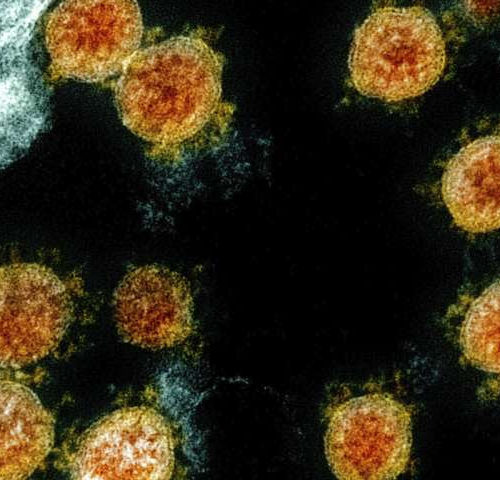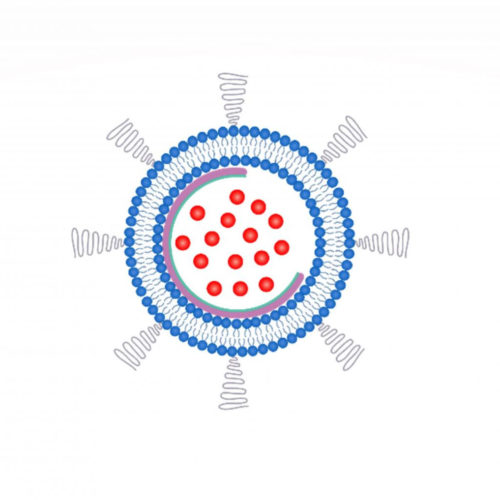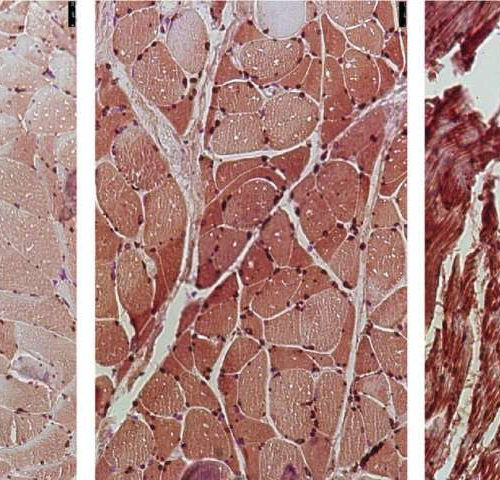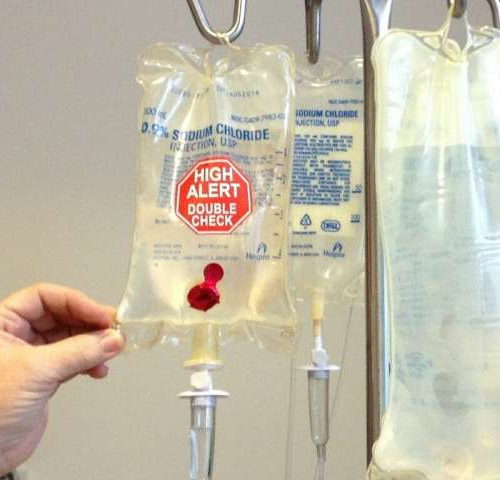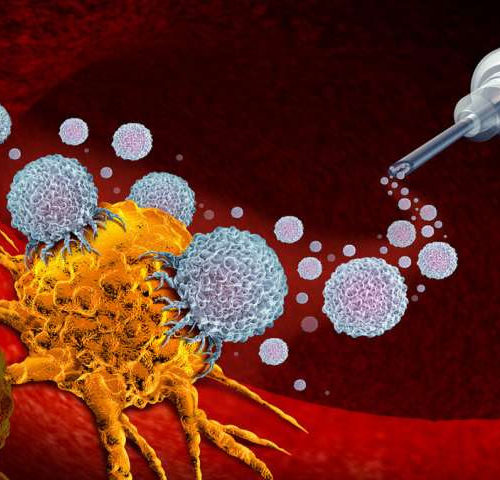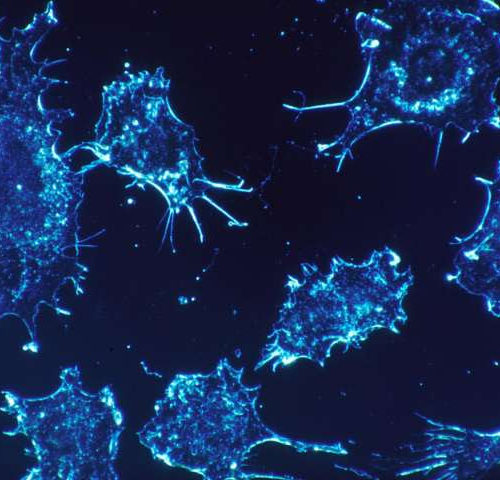by Marilynn Marchione This electron microscope image made available and color-enhanced by the National Institute of Allergy and Infectious Diseases Integrated Research Facility in Fort Detrick, Md., shows Novel Coronavirus SARS-CoV-2 virus particles, orange, isolated from a patient. Research released on Thursday, May 28, 2020 shows how dangerous the coronavirus is for current and former...
Tag: <span>Chemotherapy</span>
Nanobowls serve up chemotherapy drugs to cancer cells
For decades, scientists have explored the use of liposomes — hollow spheres made of lipid bilayers — to deliver chemotherapy drugs to tumor cells. But drugs can sometimes leak out of liposomes before they reach their destination, reducing the dose received by the tumor and causing side effects in healthy tissues. Now, researchers report in...
Researchers identify therapeutic targets to prevent cancer-associated muscle loss
by Rockefeller University Press Researchers at the University of Nebraska Medical Center have identified a key cell signaling pathway that drives the devastating muscle loss, or cachexia, suffered by many cancer patients. The study, which will be published May 22 in the Journal of Experimental Medicine, suggests that targeting this pathway with a drug already...
Combination of chemo and immunotherapy is shown to work against metastatic bladder cancer
by The Mount Sinai Hospital A clinical trial led by Mount Sinai researchers has showed for the first time that combining chemotherapy and immunotherapy can slow down metastatic bladder cancer. The trial also showed that immunotherapy alone may be an option for a subset of patients with metastatic bladder cancer if their tumor expresses a...
More selective elimination of leukemia stem cells and blood stem cells
by University of Zurich Novel immunotherapy against leukaemia: Genetically modified immune cells (white) attack the cancer cells (orange). Credit: iStock/wildpixel Hematopoietic stem cells from a healthy donor can help patients suffering from acute leukemia. However, the side effects of therapies are often severe. A group of researchers led by the University of Zurich have now...
Oncologists, patients weigh treatment and coronavirus risk: ‘Cancer is a disease that does not wait.’
by Kate Thayer, Chicago Tribune As the coronavirus pandemic intensified, so did Catherine Payne’s strategies for avoiding infection while undergoing chemotherapy. The 33-year-old Chicago woman was diagnosed with stage 3 breast cancer in November and began treatment soon after, suppressing her immune system. What started as avoiding the gym, air travel and limiting contact with...
Cheap roundworm drug found to enhance the effects of chemotherapy in prostate cancer
by Ali Howard, University of Glasgow Scientists at the University of Glasgow and Cancer Research UK Beatson Institute have tested close to 1000 existing medicines and discovered that a cheap drug commonly used to treat parasitic worm infection could be a game-changing treatment for prostate cancer. Prostate cancer is the most common cancer affecting men...
Chemo-Loaded Nanoparticles Piggyback on Red Blood Cells to Treat Lung Cancer
CONN HASTINGS | MATERIALS, MEDICINE, NANOMEDICINE, ONCOLOGY Scientists at Harvard’s Wyss Institute have developed a technique to deliver chemotherapy to the lungs using red blood cells. The method involves binding chemotherapy-loaded nanoparticles to red blood cells, which are then injected into the bloodstream. Once the red blood cells reach the lungs they have to squeeze...
Genetic ‘fingerprint’ may ID breast cancer patients likely to benefit from potentially toxic chemo, study finds
by Krista Conger, Stanford University Medical Center Women with early-stage breast cancer that has a specific pattern of gene expression are more likely than others to benefit from treatment with a class of common but potentially harmful chemotherapy drugs called anthracyclines, according to researchers at the Stanford University School of Medicine. Identifying these women is...
Senescent cells feed on their neighbours
Chemotherapy-treated cancer cells that enter a non-dividing state called senescence can nevertheless boost cancer growth. The finding that these cells eat neighbouring cells reveals a mechanism that enables senescent cells to persist. Michael Overholtzer Multicellular life requires individual cells to cooperate in a way that benefits the organism. Cells that are uncooperative because they are damaged or dysfunctional, and...

